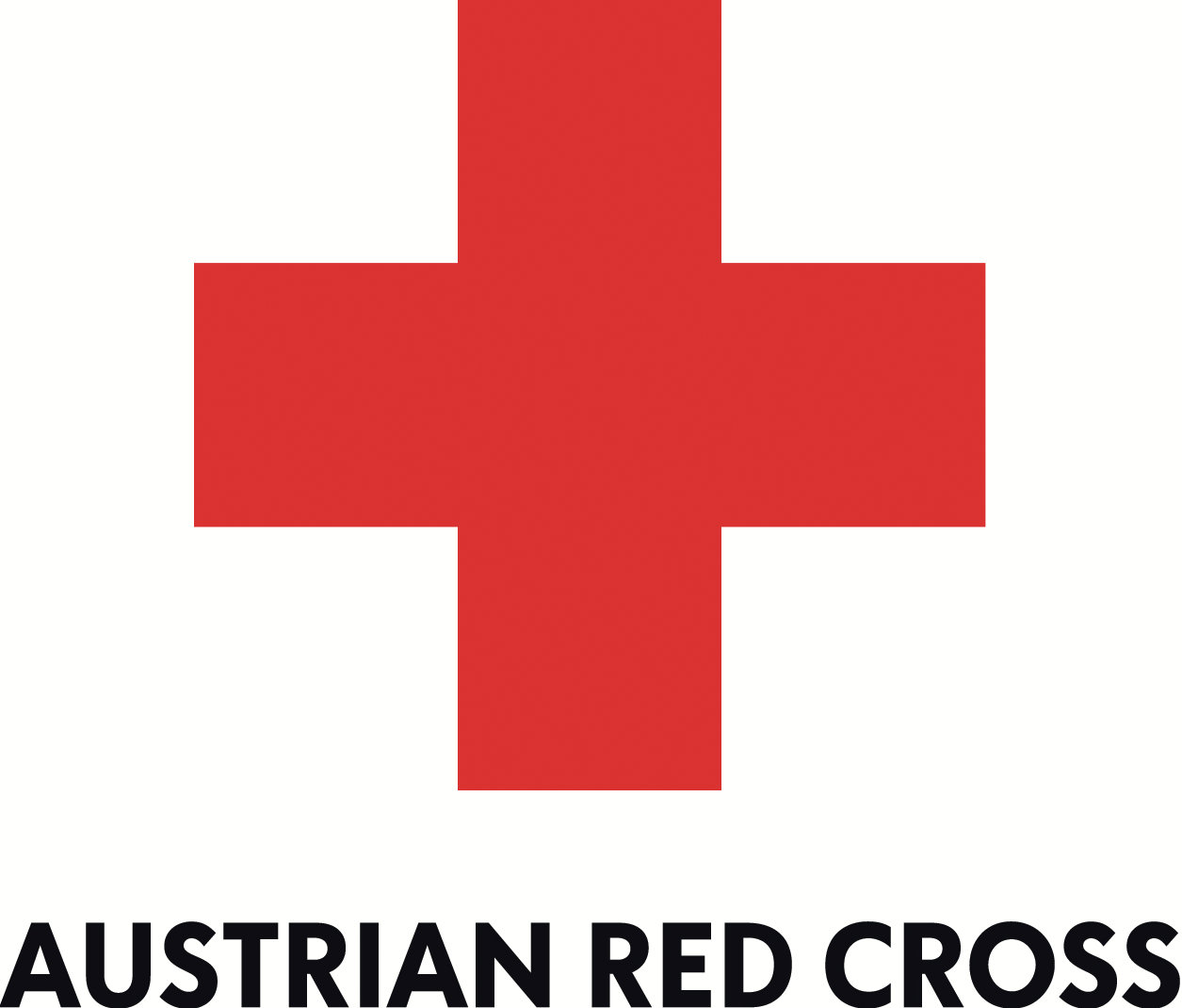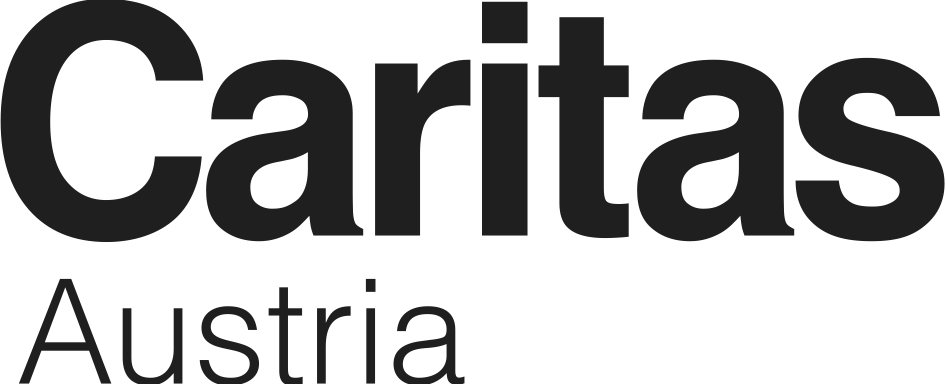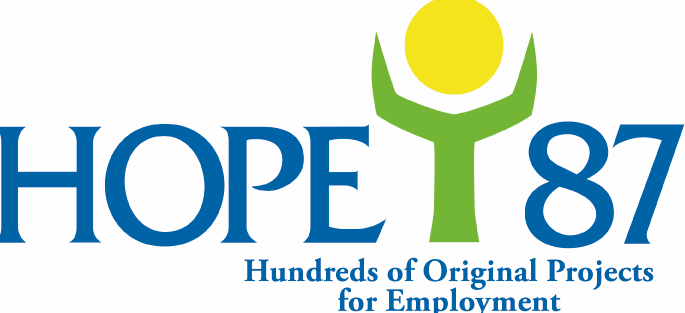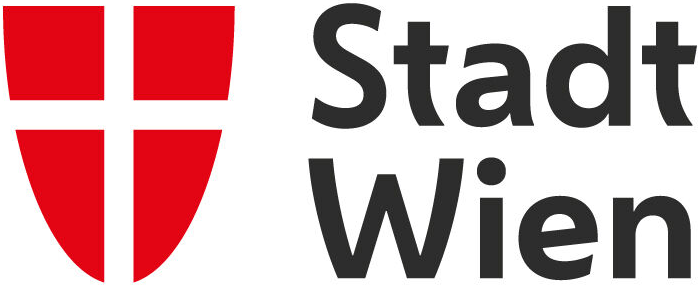Keynote Speech:
Karin Kneissl Journalist, Lecturer, Analyst
Moderator:
Walter Posch National Defence Academy NDA, Vienna
Panel members:
Frances Charles Advocacy Director, World Vision Syria Response
Karin Kneissl Journalist, Lecturer, Analyst
Omar Nuseir Deputy Director / Senior Coordinator, Humanitarian Relief Coordination Unit,
Ministry of Planning and International Cooperation, Jordan
Mark Ohanian Director of Programs, International Orthodox Christian Charities (IOCC)
European geopolitics in the 20th century in the wider Middle East region contributed to a lot of overall instability: parts of the Middle East were carved up, which required artificial borders and the support of leaders that could be bought and influenced by external powers. Supporting authoritarian regimes was seen as a useful tool to safeguard foreign interests, ignoring the fact that people in the region were suffering and losing out.
In the 21st century we see similar patterns: many of the countries in the Middle East have lived through periods of political instability, conflict and full-fledged wars as now in Syria, and Iraq. Violence and sabotage hinder the revival of shattered economies; corruption and smuggling have crippled exports; radical armed fractions terrorize civilians; hundreds of thousands have fled as the provision of basic services and security for huge parts of the population is unaddressed by fragile governments, and regional conflicts have a high risk of spilling over.
The Middle East remains one of the world’s political and humanitarian hotspots. The recent scale of displacement resulting from the Syrian crisis has a tremendous impact on the region, and specifically on Iraq. In 2014, Syria’s neighbouring countries and particular Iraq’s Kurdistan Region have seen a continuous influx of Syrian refugees, and millions of IDPs are on the run in their own countries. The humanitarian consequences of a protracted displacement, as well as the on-going violence and instability in Syria and the region, are resulting in a major humanitarian catastrophe.
What does this political failure imply if the basic means of a decent human life, which acknowledges the distinctive culture, history and basic rights are denied to hundreds of thousands of people affected by instability and conflict? Where is a way out? Where to start with? Is there any hope?


















